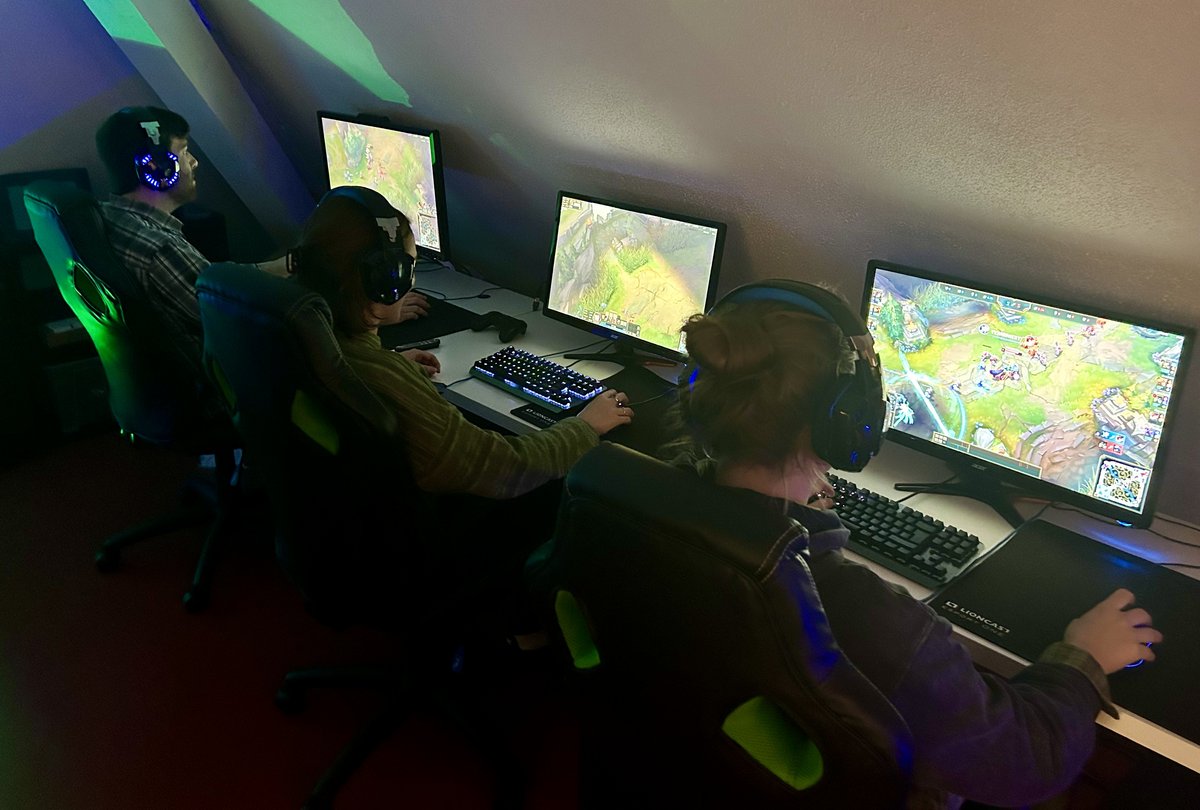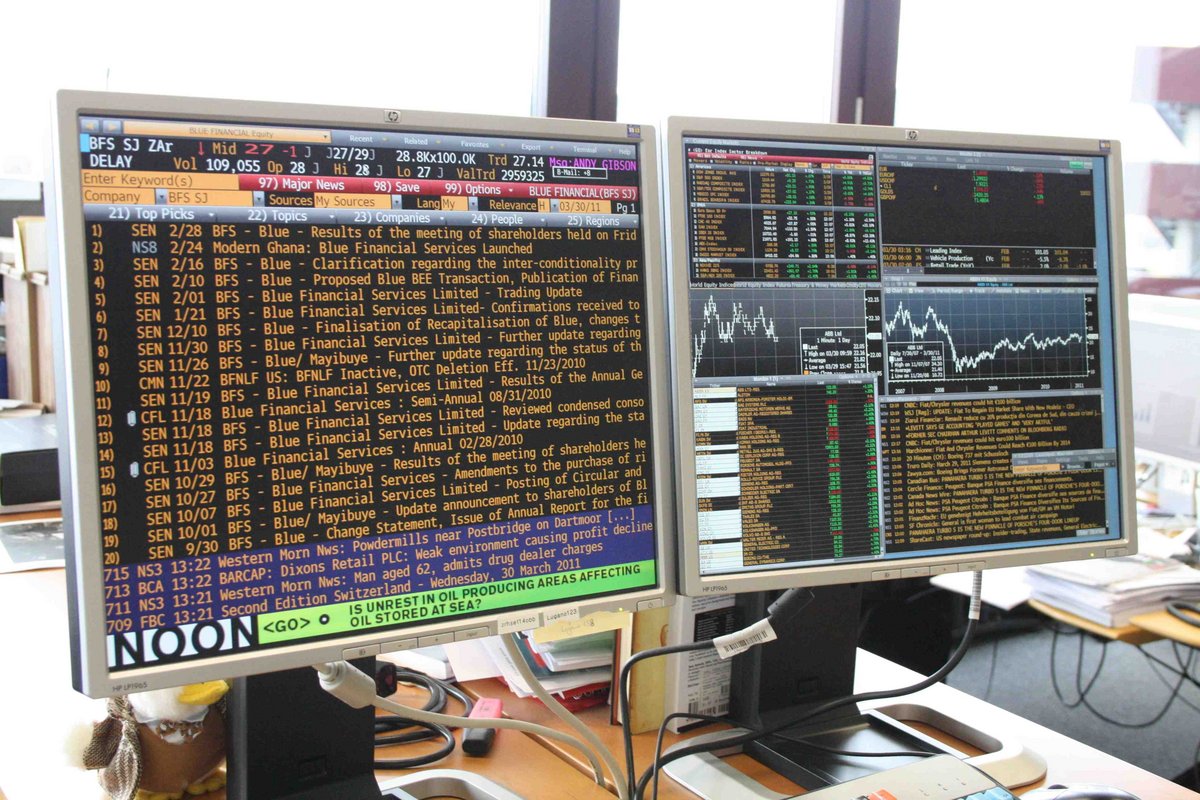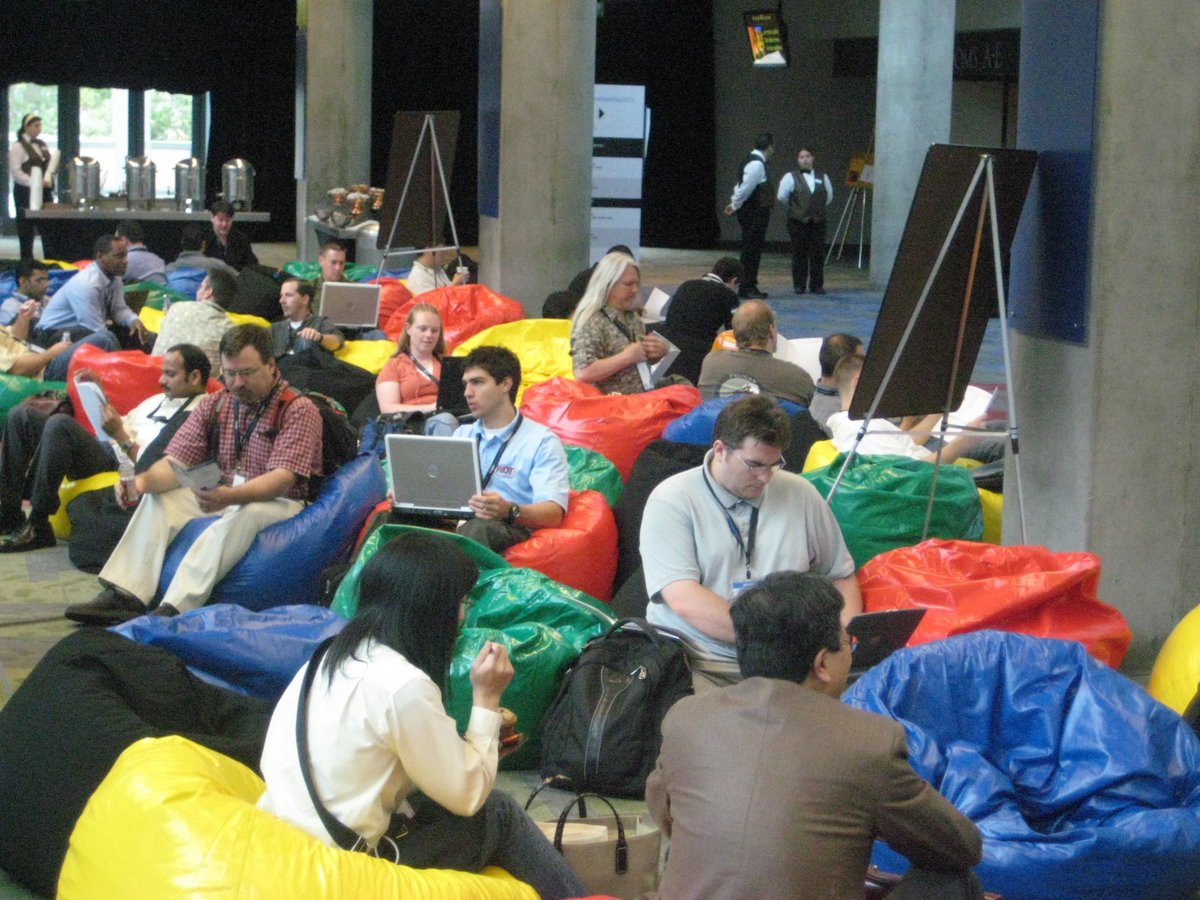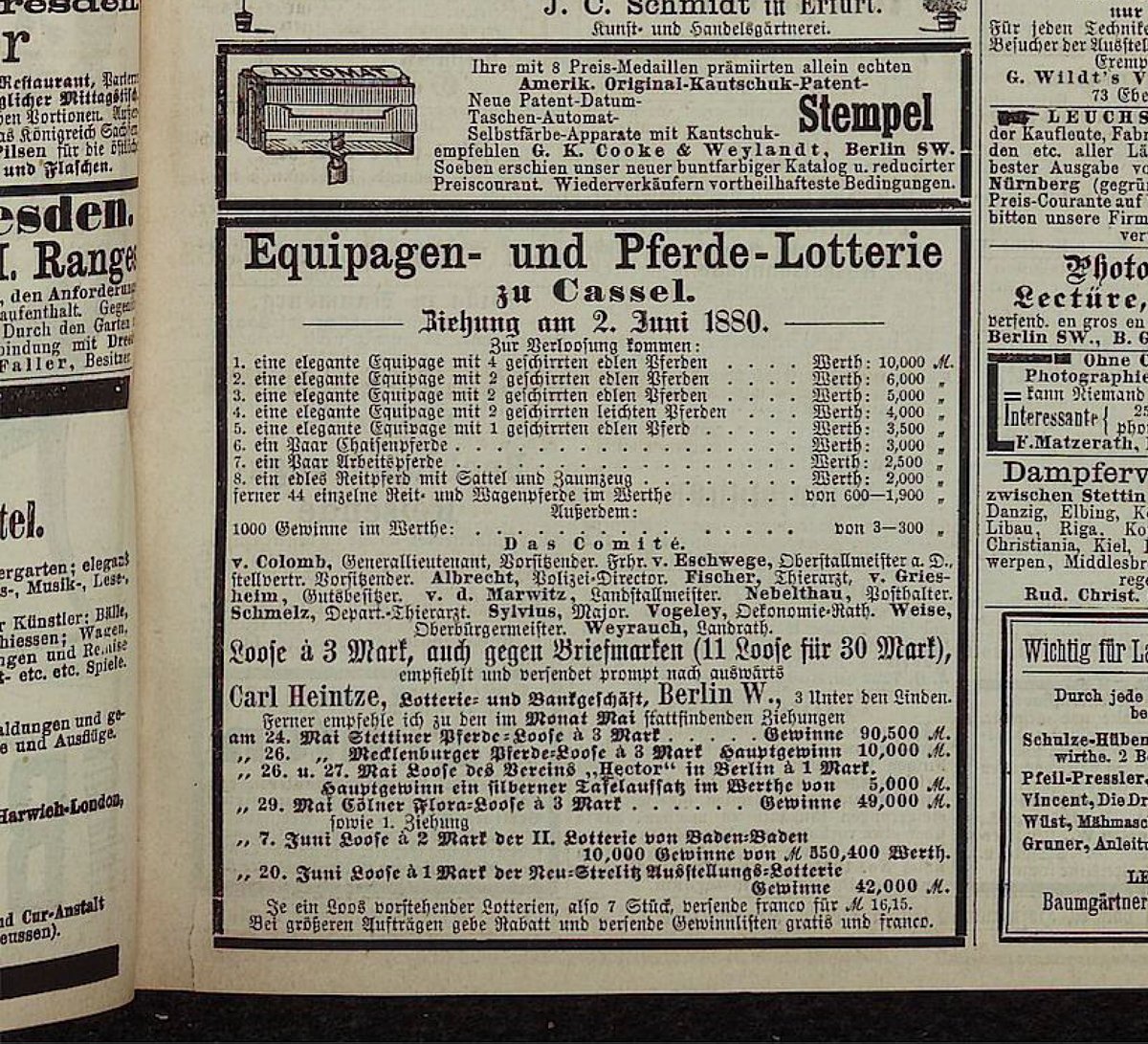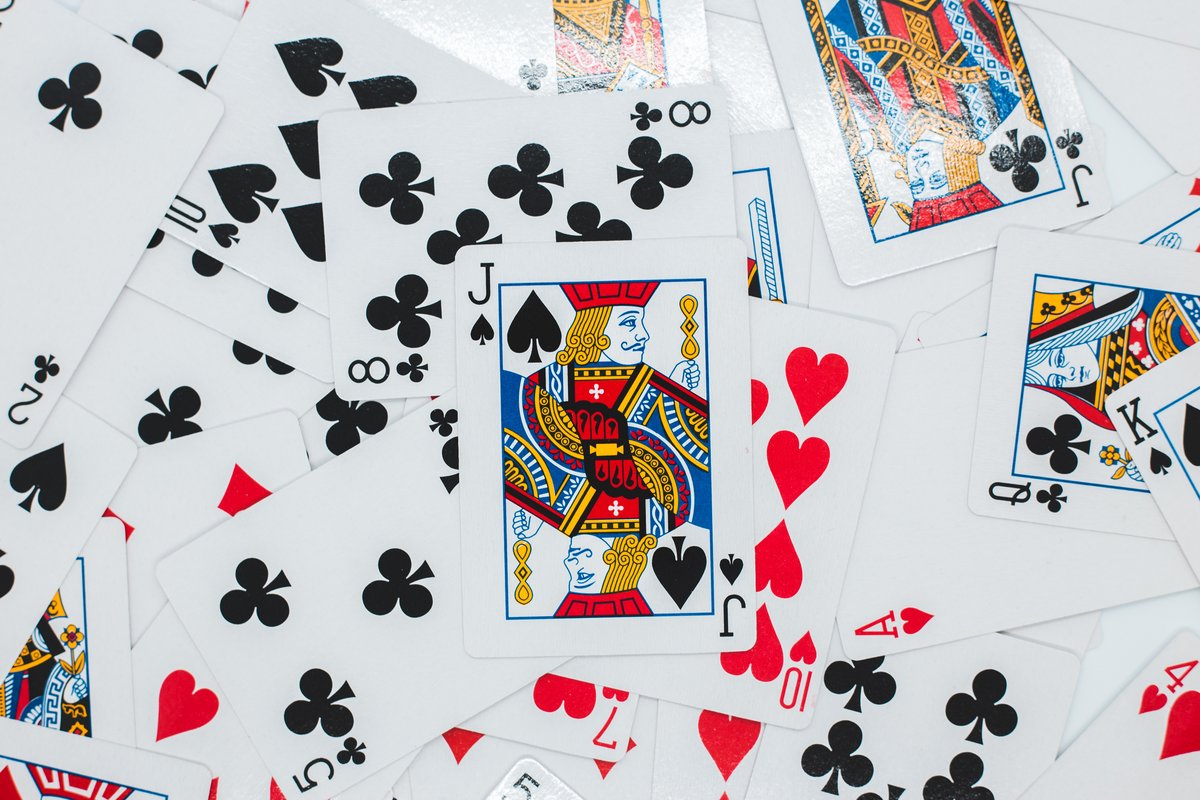The modality of Ausspielen or: Putting the Game to Work refers to a potential end of the game, to its ending, and the beginning of the work (putting the game to work) and thus to the limits of the game. It also capitalises on the possibility and productivity of re-entering and continuing the game. On the one hand, Ausspielen reflects the end of the game; on the other hand, putting the game to work can also mean giving up a certain further option or playing off a (digital) opponent. However, this does not necessarily refer to the actual end of the game; instead, new conditions for continuation can be designed out of this situation. Ausspielen thus focuses on ways to continue playing, to keep players in the game, and to put the game to work in terms of its social, cultural, and economic productivity and capitalisation.

